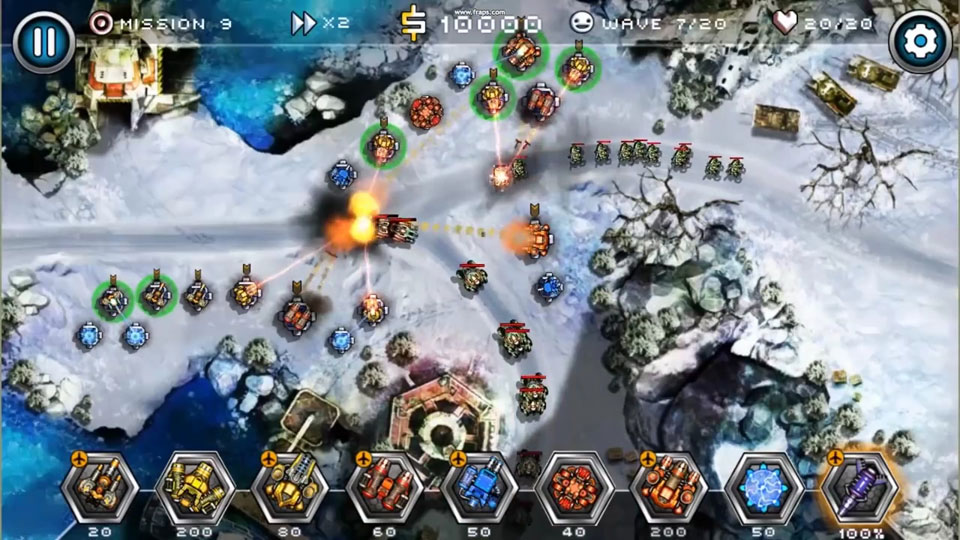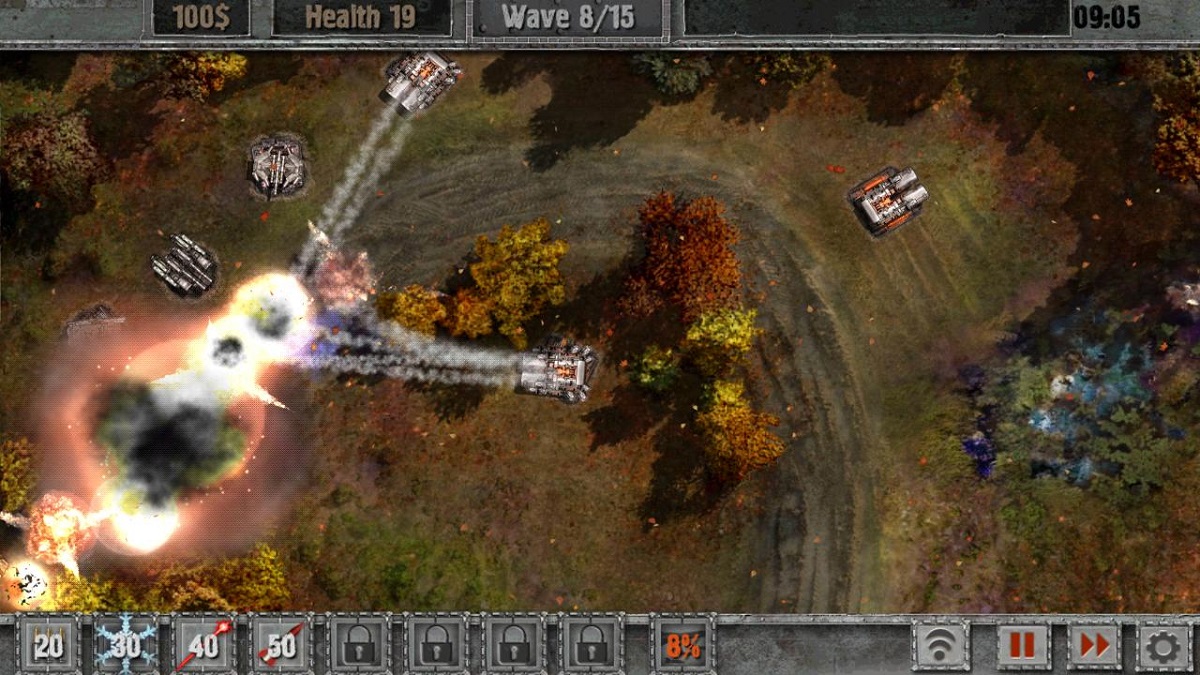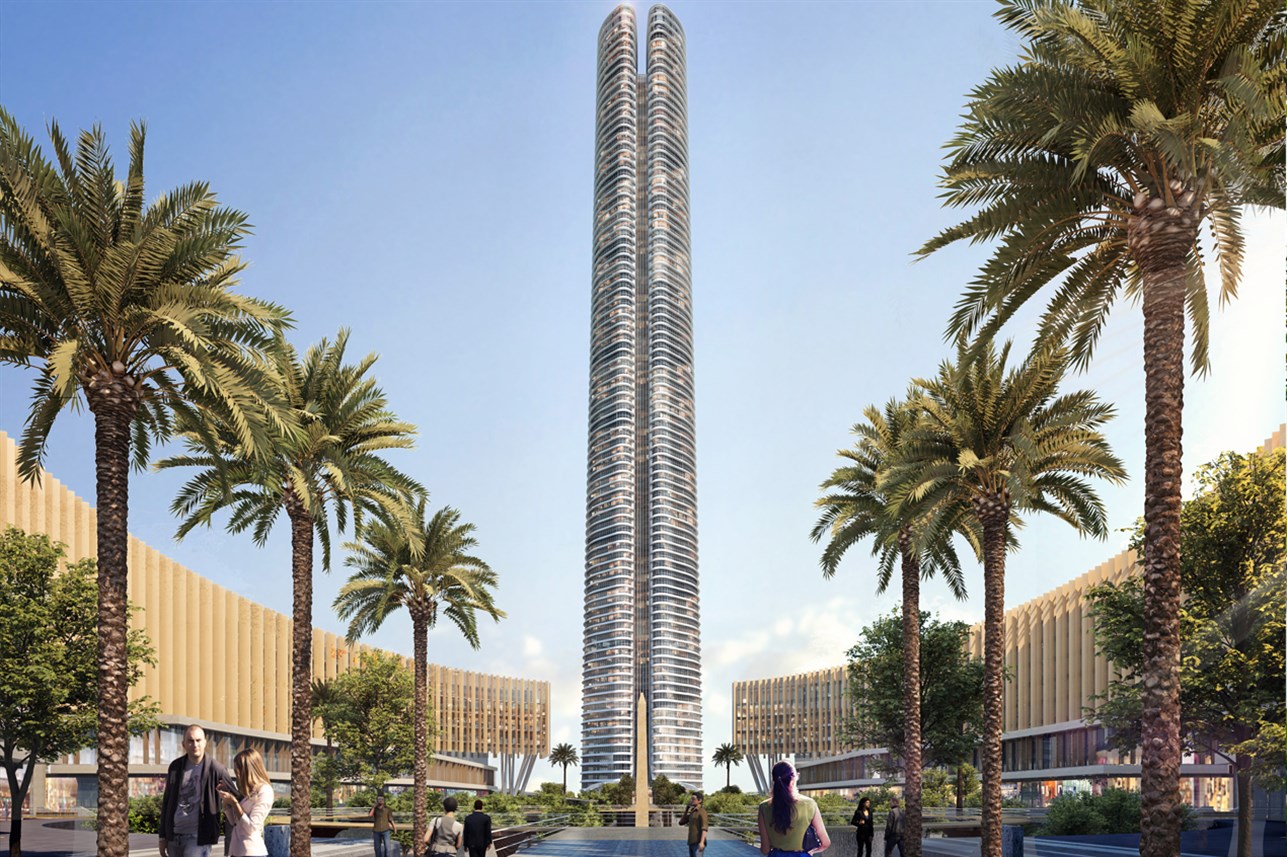
Post-war North Korea benefited greatly from economic aid and expertise provided by other Eastern Bloc countries, particularly the Soviet Union and China. The Korean Armistice Agreement brought about a ceasefire and established a demilitarized zone (DMZ), but no formal peace treaty has ever been signed. The Korean War began in 1950, with an invasion by North Korea, and lasted until 1953. Negotiations on reunification failed, and in 1948, separate governments were formed: the socialist and Soviet-aligned Democratic People's Republic of Korea in the north, and the capitalist, Western-aligned Republic of Korea in the south.

In 1945, after the Japanese surrender at the end of World War II, Korea was divided into two zones along the 38th parallel, with the north occupied by the Soviet Union and the south occupied by the United States.

In 1910, Korea was annexed by the Empire of Japan. Pyongyang is the capital and largest city. North Korea, like its southern counterpart, claims to be the legitimate government of the entire peninsula and adjacent islands.

The country's western border is formed by the Yellow Sea, while its eastern border is defined by the Sea of Japan. North Korea's border with South Korea is a disputed border as both countries claim the entirety of the Korean Peninsula. It constitutes the northern half of the Korean Peninsula and shares borders with China and Russia to the north at the Yalu (Amnok) and Tumen rivers, and South Korea to the south at the Korean Demilitarized Zone. North Korea, officially the Democratic People's Republic of Korea ( DPRK), is a country in East Asia.


 0 kommentar(er)
0 kommentar(er)
